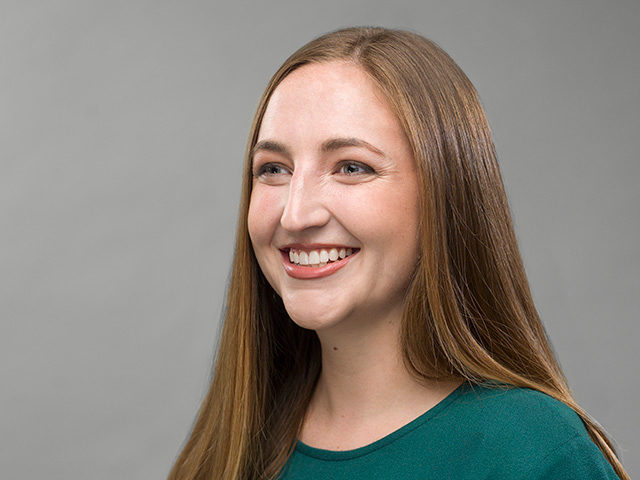In July I was on a panel hosted by Partners for a Racism-Free Community. The organization’s vision is a community where racial and ethnic disparities are eliminated so all people are accepted and included as their whole selves in the workplace.
Our panel discussion focused on violence toward people of color, amplified by the June 17 church shootings in Charleston where nine people were murdered. No one can deny the horrific nature of these hate crime assaults.
Growing up in the 1960s, I was greatly influenced by the civil rights movement. The frequency of recent vicious attacks has put my beliefs on heightened alert. All five of us on the panel were understandably passionate, and Jamal Spencer, WZZM 13 sports director, did a great job of moderating. Notably, as the only white person on the panel, I haven’t been subjected to what my fellow panelists have experienced.
They shared the reality of institutional racism they experience often as people of color right here in our own community. Panelists talked about walking into a store, receiving suspicious glances and being trailed closely by store staff or security as they shopped. Another shared experience was being stopped by police for no apparent reason.
Though a young black male may be eyed with caution when walking in a predominately-white neighborhood, I as a white person never have to deal with this. I’m not seen as a threat to anyone when I enter a store, drive down a street or walk through any neighborhood. This difference brings up the notion of white privilege.
Those of us who are white don’t always understand that our skin color gives us advantages that others don’t have. Wikipedia defines white privilege as “societal privileges that benefit white people in Western countries beyond what is commonly experienced by non-white people under the same social, political, or economic circumstances.”
In her acclaimed article “White Privilege: Unpacking the Invisible Knapsack,” found at http://bit.ly/1HCoqlf, Peggy McIntosh lists 50 “colossal unseen dimensions” of white privilege in our social systems. We cannot advocate for a more just and equitable way forward without acknowledging this reality.
Looking at micro-inequities helps us understand power differences that perpetuate racism, sexism, classism and other isms. Micro-inequities are conscious or unconscious comments, expressions or tones of voice that devalue a person perceived as different. Micro-inequities may seem innocent, especially to white people, who sometimes think that the person on the receiving end is overly sensitive. But experiencing micro-inequities daily is crushing.
Racism can be subtle or as shocking as the Charleston church shootings. Institutional racism perpetuates inequitable systems and undermines possibilities for our shared future. Grand Rapids Community Foundation’s staff and board members are committed to eliminating racism and all forms of discrimination.
Several years ago, Partners for a Racism-Free Community awarded the Community Foundation a Level 1 Partner certification. To earn it, we completed a rigorous process assessing our policies and practices that promote a racism-free community. You can learn more about the process at grfoundation.org/inclusion.
We are reassessing our racism-free views and practices as we aim to earn a Level 2 Partner certification. As a leading philanthropic grantmaker and community leadership organization, we stand strong in eliminating the devastation caused by racism and other acts of discrimination. We hope you will consider joining us in these efforts.
